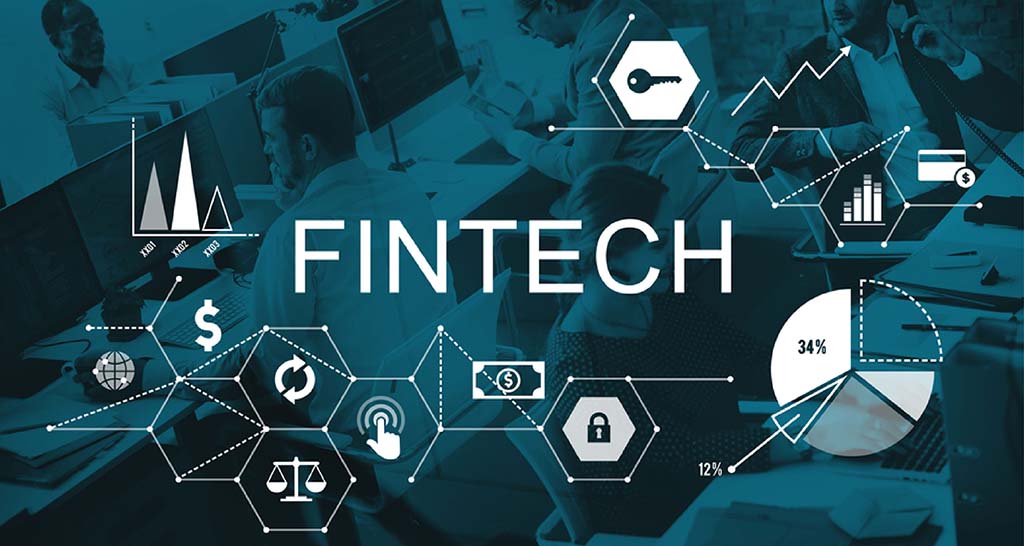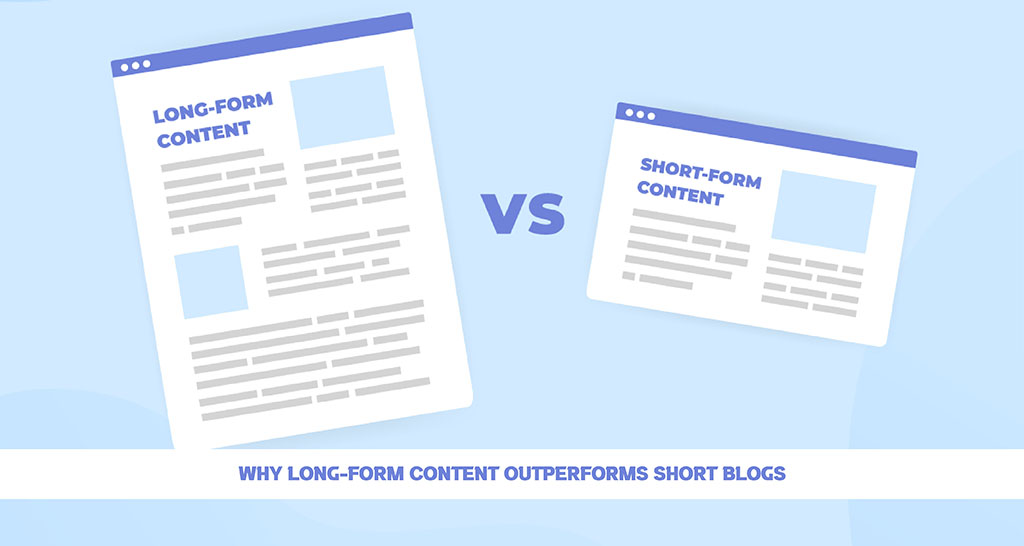Fintech is a combination of Financial Technology associated with financial services. Fintech is nothing but the most accepted technological change to carry out financial management in the form of mobile payments, online banking services, mobile banking, and many more. All banking institutions and financial management use Fintech technology wisely for their consumers and customers. So, the Fintech banking industry is improved traditional banking systems. It makes banking systems more accessible and streamlined to use for customers. During the pandemic, these online banking services played a vital role for people to make transactions online within a few minutes. Lengthy banking processes like taking loans and transaction processes are becoming easy due to the use of Fintech.
The banking industry has changed from physical to digital with the help of digitalization Fintech helps consumers make their own financial decisions and made them financially literate. In short, Fintech combines both traditional and digital services and gives more ease to customers while handling their financial issues. So, let’s discuss the latest financial trends in banking!
Latest Trends in Fintech Related to Banking Industry
- Digital wallets
Digital wallets are in the form of mobile apps to carry out user payment processes. It helps to store payment and password information on the mobile of that user. Customers use digital wallets like Amazon pay, Google pay, and other payment apps to handle their finances and transactions, and it helps them to store records of their payments and the history of transactions on mobile. Digital wallets not only handle payments but also help to book plane tickets and help to make hotel reservations also.
- Virtual cards
Virtual cards are customers’ primary choice for making payments digitally and physically. It is the safest and most guaranteed method for making payments online. These virtual cards can get easily blocked without losing access to the main card. Virtual cards reduce fraud risks and make payment easy and safe.
- IOT
IoT means the Internet of Things. It includes smartwatches, smartphones, and other online gadgets, which are widely used to make payments online instead of bank cards. Many Fintech companies try connecting with those devices to gather customer insights.
- Biometric authentication
Due to Fintech methods, everyone goes towards online payments. And every digital wallet and online transaction method needs passwords to store personal financial information. But currently, users like to use biometric authentication rather than the number of passwords and PINs for verification. So this biometric authentication has become the priority system for all Fintech companies. Your confidential and personal information will remain safe if your device gets stolen or lost.
- AI Chatbots
Artificial intelligence shows its ability in every technology sector by making useful and revolutionary changes. And Fintech is also not unaware of AI. Proper customer service is one of the important parts to play for every financial institution. So, AI chatbots help financial systems to contact their customers and inform them about their services and account details on time.
- Voice payments
Already there are many methods to carry out banking and payment processes for people. But there is also one easier method than a digital wallet voice payments. Voice payments is a technology used in the banking sector which runs on Artificial Intelligence technology. Artificial intelligence is technology in which smart machines and software can be made using human intelligence. With the help of voice payments, we can do our transitions within a minute only by giving a command to that application or device. Only we have to link our credit card no. and other bank details to that device. Generally, the new generation attracts technology easily for their ease and convenience in life, so there are more chances that the future of banking and payments will be voice payments.
- Blockchain
Blockchain is the concept involved in cryptocurrency which stores data and helps to make out transaction processes digitally. Cryptocurrency is a type of digital banking where no physical method; all transactions and payments are made digitally. So cryptocurrency is wholly based on financial technology because the currency is also in the form of digital coins like Bitcoin. The Fintech industry has a large impact on it. Because the concept of blockchain refers to storing financial data in digital format, which generates more revenue and gives a great user experience and fast financial transactions. The benefits of crypto and blockchain help Fintech to develop and grow more efficiently.
- Embedded Finance
Embedded finance is also known as embedded banking. Embedded finance is a term that deals with integrating traditional banking or financial services into non-financial services. A few examples of Embedded Finance are Embedded payments, cards, and lending, which bring ease to customers to deal with their money. This technology offers safe and secure payments, loans, and investments without any interference from financial institutions. Its key advantage is that it gives all financial services in one place with safety and security in case of your assets and data.
Challenges ahead of the Fintech Industry
- Lack of Data security
The increasing use of digital services and technology leads to the creation of big data, which should be managed and handled correctly. Because data contains confidential payment information of users, physical banks have their CCTVs, and security guards to keep data safe. But virtual security is not that simple; it requires highly efficient cyber security applications or software to do these things.
- Government Regulations
Finance is the chief factor for every government, so they are customary laws. The government regulates rules to protect every citizen’s data. There is always interference by the government in technology which is related to the financial process. But it is necessary to apply rules and legal terms to any technology to protect it from cyber attackers. If you create any software or application for financial services, you make sure that there is any legal compliance on this tech by the government and then proceed to your work.
- Increasing Cyber-threats
Technology modification leads to cyber attackers who can track and misuse our data without permission. So, people sometimes see the risk of using technology for financial convenience, which is unsuitable for Fintech companies. The solution for this is to increase the number of cyber security experts to gain security and confidentiality of our confidential data. Cyber security experts can help the Fintech industry to gain customers’ trust issues in their data security.
Conclusion
We are now on the starting edge of financial technology. Many modified and unbelievable technologies will be waiting for us in the future. As our population increases, there is more need for fast and easy service without any physical contact, which can be possible with Fintech. There is a need to enhance financial tech literacy in the people, which can bring more ease to everyone’s life while banking and payments. We have to find out the solutions for challenges in digital financial services, through which Fintech becomes more accessible to users.








